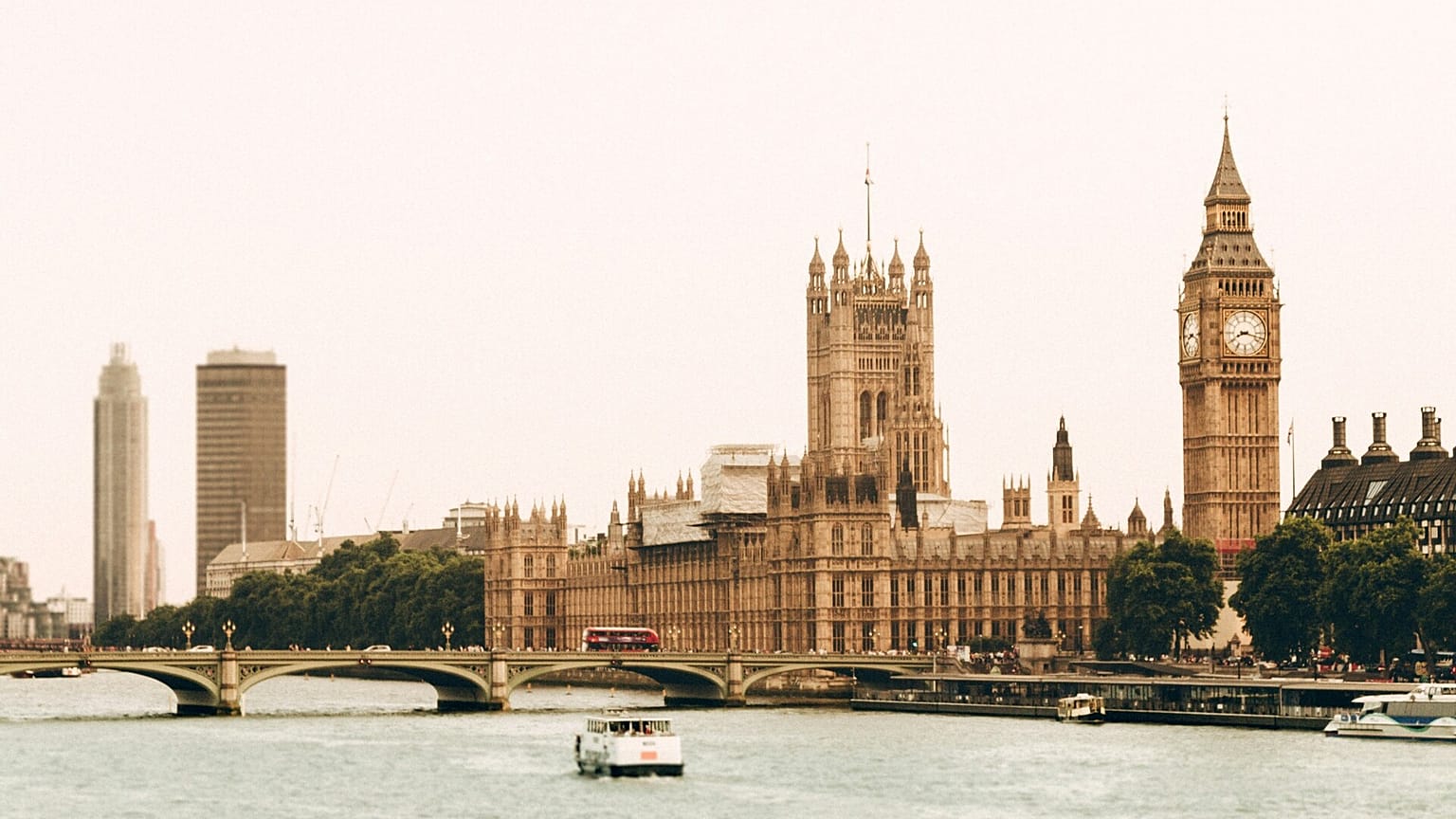A new proposal would allow tourist taxes on overnight stays in the UK, bringing English cities in line with others across Europe.
Visitors spending the night in England may soon notice a new line on their bill, as the government has moved to let city mayors introduce tourist taxes.
The new levy would be “modest,” according to government statements, and would apply to hotels, B&Bs, holiday lets and other paid accommodation. It brings England in line with Scotland and Wales, which are already moving ahead with similar taxes.
Ministers say the money raised will be used to develop transport, infrastructure and the wider travel economy. But the proposal has already prompted pushback from the hospitality industry, which warns it will add costs when prices are already high.
Why is the UK introducing a tourist tax?
Under the current plans, mayors across the UK would be able to set a local visitor levy and reinvest the money directly into their areas.
The government says the revenue could support transport upgrades, public spaces, cultural programs and improvements to the travel experience.
England attracts more than 130 million overnight visits each year, and officials argue that even a small surcharge could greatly improve public infrastructure and services without driving up spending by the central government.
Nearby countries have already adopted similar measures in a bid to boost funds for local needs.
In Scotland, Edinburgh is introducing a tourist tax of 5 per cent on the cost of a room per night starting July 2026. In Wales, meanwhile, local governments will be able to charge £1.30 (€1.50) per person per night starting April 2027.
Several British leaders have welcomed the move, including London Mayor Sadiq Khan, who called the measure “great news for London”.
“As part of developing our plans for the levy, we will work closely with the hospitality and tourism sectors to ensure it delivers the maximum benefits for London and our brilliant businesses,” Khan said in a statement.
Liverpool Mayor Steve Rotheram noted that cities like Barcelona and Paris raise “tens of millions each year” through similar schemes, arguing that their own fee would help fund major events and enhance local infrastructure.
Manchester Mayor Andy Burnham said the region already has a thriving travel economy and that a levy would help “sustain good growth over the next decade”.
Mayors in the West of England, West Yorkshire, York and North Yorkshire, and the North East have also expressed support, saying that a small fee could strengthen transport, fund festivals and support the upkeep of heritage sites.
Hospitality groups are pushing back
Not everyone is convinced tourist levies are a good idea.
Kate Nicholls, chair of the trade association UKHospitality, warned the “damaging holiday tax” could cost the public up to £518 million (€588 million), according to an internal analysis, and that those costs would be passed on to consumers.
If set at the level of Edinburgh’s impending visitor levy – 5 per cent of the total cost of accommodation – “it will effectively increase the rate of VAT to 27 per cent for working people who want to enjoy a holiday in the UK,” she said.
A 12-week consultation is now open and will close on 18 February. The process will consider how the UK’s tourist levies should be designed, whether a cap on them is necessary and which exemptions should apply.
Emergency accommodation, homeless shelters and registered Gypsy, Roma and Traveller sites – land where people of Romani or Traveller heritage can live in caravans or mobile homes – used as primary residences would be exempt.
Mayors could add other local exemptions as needed, the government says.
How does the UK compare to other European cities?
The UK is far from the first European destination to charge a tourist tax.
More than a dozen EU countries already levy fees in select cities, from Austria and Belgium to Greece and Slovenia. These charges typically range from €1.50 per night to a percentage of a hotel bill, collected at check-in or check-out.
Some cities have gone further. Venice introduced a €5 charge for day-trippers in 2024. This year, the city doubled itto €10.
In Spain, Catalonia has charged a tourism tax since 2012, with steep additional surcharges for Barcelona.
Barcelona increased its surcharge in October last year to a maximum of €4 per night. This summer, the city council approved a plan to raise it €1 annually until it reaches €8 in 2029. That fee is tacked onto the Catalan tourist tax, which is expected to increase to a maximum of €7 per night for five-star hotels.
The revenue from these levies is being spent on very specific needs.
Across Europe, the money generated from tourist taxes funds everything from environmental protection to public housing, cultural programming and major events.
UK ministers argue their version will be similarly reinvested – and, if set at a reasonable level, will have “minimal impact” on visitor numbers.


















